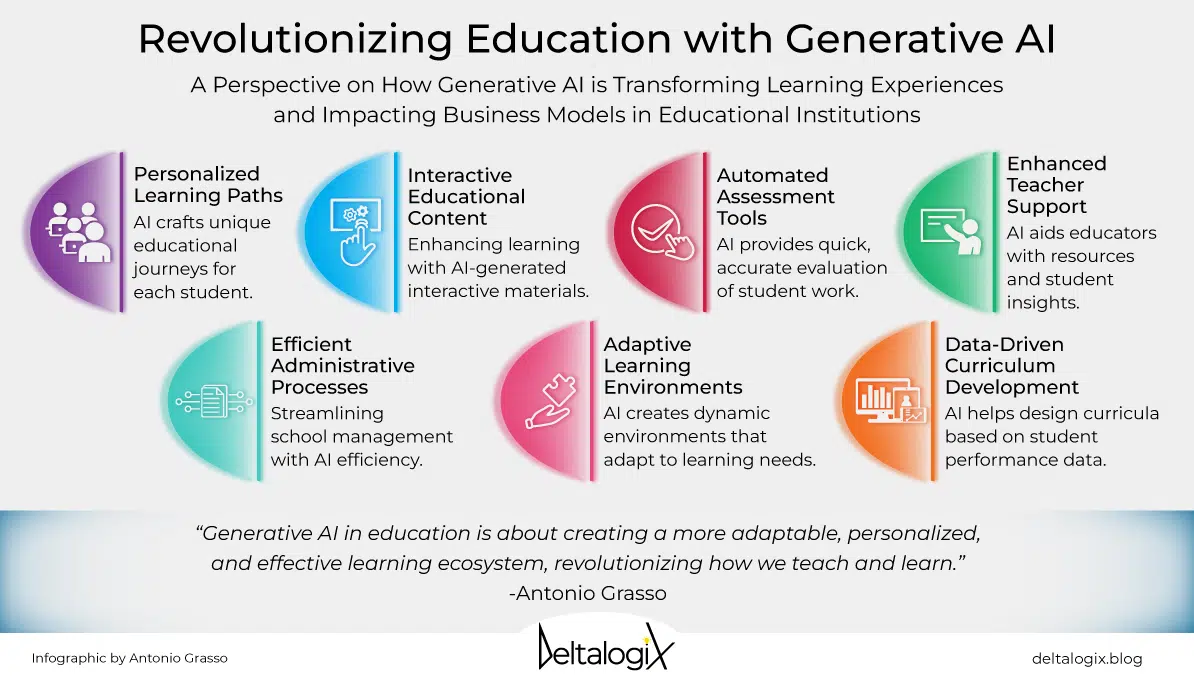JMU education professors awarded for research on AI - JMU
Amanda Gantt Sawyer and Marcus Wolfe, professors in JMU’s College of Education, were recently honored with the 2025 National Technology Leadership Initiative (NTLI) Fellowship, awarded by the Association of Mathematics Teacher Educators. Their award-winning paper, "Exploring Preservice Teachers’ Adaptations of ChatGPT Created Mathematics Curricula: Discovering Overconfidence", explored how future teachers, also known as preservice teachers, use AI tools such as ChatGPT to create and adapt math lessons. University Communications spoke with Sawyer and Wolfe to learn more about their findings and what it means for students and educators alike.

What prompted the study of AI in education?
With the rise of online tools like Teachers Pay Teachers and now ChatGPT, students were relying more on AI-generated resources that did not challenge them to think deeply to plan curriculum. When ChatGPT came along in 2022, the problem increased further. Individuals were now able to create their mathematics resources by just prompting the tool. However, the reliability of those AI-created lessons was uncertain, leading to the research initiated by Sawyer and Wolfe.
Description of the research
Sawyer and Wolfe created a unit to help students learn how to critically evaluate AI-generated teaching materials. The study focused on how future teachers adapted the curricula created by ChatGPT, revealing that 64% of the adapted lessons were changed for visual appeal without deeper analyzation of the content. This emphasized the importance of teaching future teachers to think critically about using AI tools in the classroom.

Surprising findings
Despite being taught strategies to evaluate resources, many students only made surface-level changes without questioning the content's appropriateness for elementary learners. The study also highlighted the overconfidence students had in ChatGPT's responses, even when the material was not entirely suitable.
Efficient integration of AI in education
Teachers can integrate AI efficiently by first helping students understand its limitations. Educators should demonstrate that AI-generated content can be biased or inaccurate, even if it appears correct. Encouraging students to be critical and carefully analyze AI-created information is crucial for utilizing AI as a helpful tool.
.png?width=1920&height=1080&name=How%20AI%20Education%20is%20Making%20the%20Industry%20Better%20(2).png)
Receiving the NTLI Fellowship has been a meaningful recognition for both Sawyer and Wolfe. The award serves as encouragement for Dr. Wolfe early in his career and recognition of Dr. Sawyer's commitment to the mathematics education field since joining JMU in 2014.




















